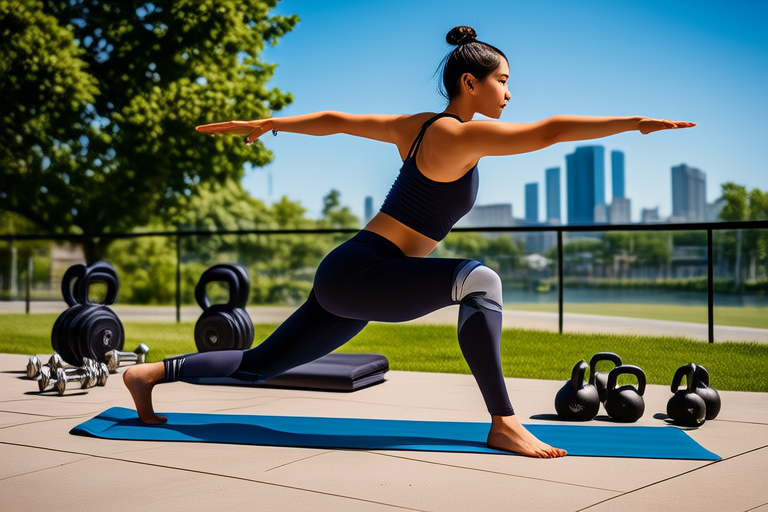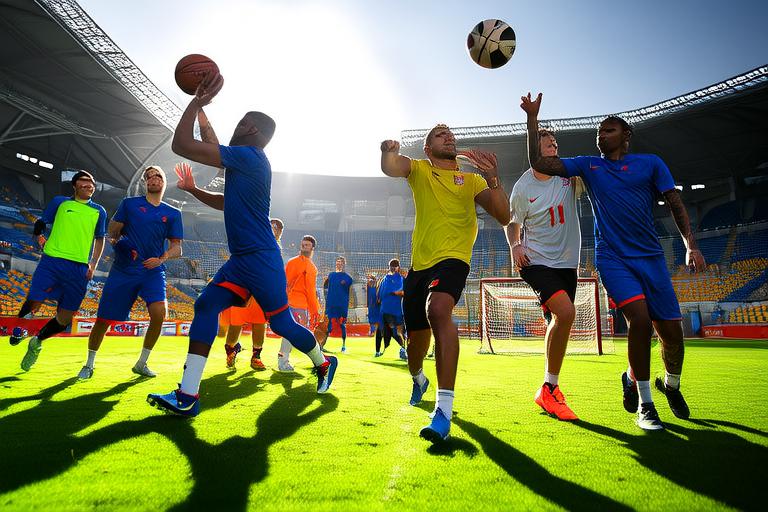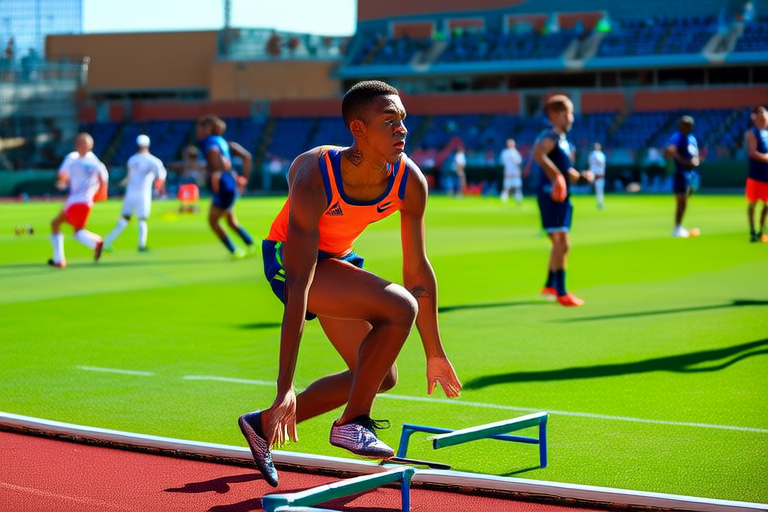Introduction to the Diverse World of Sports: Exploring Different Types and Their Benefits
Sports are more than just games; they are a universal language that transcends cultural, geographical, and social barriers. From ancient civilizations to modern-day societies, sports have played a pivotal role in fostering physical fitness, mental resilience, and social cohesion. Whether you’re a seasoned athlete or someone looking to dip their toes into the world of sports, understanding the diverse types of sports and their benefits can help you make informed choices about your physical and mental well-being. In this article, we will explore the various categories of sports, delve into examples from each category, and highlight the numerous advantages of participating in sports.
Team Sports: The Power of Collaboration
Team sports are characterized by their emphasis on cooperation, strategy, and shared goals. These activities require individuals to work together toward a common objective, making them an excellent way to build camaraderie and develop interpersonal skills.
Examples of Team Sports
- Soccer (Football): Known as “the beautiful game,” soccer is one of the most popular team sports worldwide. It involves two teams of 11 players each, aiming to score goals by getting the ball into the opponent’s net.
- Basketball: A fast-paced sport played on a rectangular court, basketball requires players to score points by shooting the ball through a hoop while adhering to specific rules.
- Volleyball: Played on a court divided by a net, volleyball involves teams hitting a ball back and forth with the goal of grounding it on the opponent’s side.
Participating in team sports not only enhances physical fitness but also teaches valuable life skills such as communication, leadership, and problem-solving. The sense of belonging and shared achievement fosters strong bonds among teammates, creating lifelong friendships.
Individual Sports: The Pursuit of Personal Excellence
In contrast to team sports, individual sports focus on personal performance and self-discipline. These activities allow athletes to set personal goals, track their progress, and celebrate individual achievements.
Examples of Individual Sports
- Tennis: Played on a rectangular court with a net in the middle, tennis challenges players to hit a ball over the net and into their opponent’s court without committing faults.
- Golf: A precision-based sport where players use clubs to hit balls into a series of holes on a course, aiming to complete the course with the fewest strokes possible.
- Swimming: Whether competing in races or swimming for leisure, this sport builds endurance, strength, and cardiovascular health.
Engaging in individual sports helps cultivate mental toughness and resilience. Athletes learn to push their limits, embrace challenges, and develop a growth mindset. Additionally, these sports provide a sense of independence and self-reliance, empowering individuals to take control of their fitness journey.
Water Sports: Embracing the Element of Fluidity
Water sports offer a unique blend of excitement and tranquility, allowing participants to connect with nature while improving their physical abilities. These activities often require balance, coordination, and adaptability to the ever-changing aquatic environment.
Examples of Water Sports
- Surfing: A thrilling sport where participants ride waves using a surfboard, testing their balance and timing against the power of the ocean.
- Kayaking: Whether navigating calm rivers or tackling white-water rapids, kayaking provides both adventure and serenity.
- Rowing: This sport involves propelling a boat using oars, requiring teamwork in crew events or individual focus in solo competitions.
Water sports are excellent for improving cardiovascular health, strengthening core muscles, and enhancing flexibility. They also offer a refreshing escape from the hustle and bustle of daily life, promoting relaxation and stress relief.
Extreme Sports: Pushing the Boundaries of Adventure
For adrenaline junkies and thrill-seekers, extreme sports provide an unparalleled rush of excitement. These high-intensity activities challenge participants to step out of their comfort zones and conquer their fears.
Examples of Extreme Sports
- Rock Climbing: Whether scaling natural cliffs or indoor walls, rock climbing tests strength, agility, and mental focus.
- Skydiving: Jumping out of an airplane and free-falling through the sky offers an unforgettable experience that defies gravity.
- Bungee Jumping: Leaping off a platform with a secured elastic cord provides a heart-pounding moment of weightlessness before rebounding back up.
Extreme sports foster courage, confidence, and quick decision-making under pressure. They encourage individuals to embrace uncertainty and view challenges as opportunities for growth. Moreover, the sense of accomplishment gained from overcoming daunting obstacles can boost self-esteem and inspire a fearless attitude toward life.
The Physical, Mental, and Social Benefits of Sports
Regardless of the type of sport, participation offers a wide array of benefits that contribute to overall well-being. Let’s explore how engaging in sports positively impacts physical health, mental clarity, and social connections.
Physical Benefits
Regular participation in sports improves cardiovascular health, builds muscle strength, and enhances flexibility. It also aids in weight management and reduces the risk of chronic diseases such as diabetes, hypertension, and obesity. Furthermore, sports promote better sleep quality and increase energy levels, enabling individuals to lead more active lifestyles.
Mental Benefits
Sports are not just about physical exertion; they also play a crucial role in mental health. Engaging in sports releases endorphins, which are natural mood enhancers that reduce stress and anxiety. Additionally, sports sharpen cognitive functions such as concentration, memory, and problem-solving skills. The discipline required in sports translates into improved time management and goal-setting abilities in other areas of life.
Social Benefits
One of the most rewarding aspects of sports is the opportunity to connect with others. Whether through team sports or group classes, sports create a sense of community and belonging. They teach essential social skills such as empathy, respect, and effective communication. Participating in sports also exposes individuals to diverse cultures and perspectives, fostering inclusivity and mutual understanding.
Finding the Right Sport for a Healthy Lifestyle
With so many options available, finding the right sport can seem overwhelming. However, the key lies in identifying your interests, preferences, and fitness goals. Are you drawn to the thrill of competition, or do you prefer solitary pursuits? Do you enjoy outdoor adventures, or would you rather stay indoors? Answering these questions can guide you toward a sport that aligns with your personality and aspirations.
Remember, the best sport is one that you genuinely enjoy and can sustain over time. Consistency is crucial for reaping the long-term benefits of sports. Start small, gradually increase your intensity, and don’t hesitate to try new activities until you find what resonates with you.
In conclusion, the world of sports is vast and varied, offering something for everyone. Whether you choose team sports, individual sports, water sports, or extreme sports, the physical, mental, and social benefits are undeniable. By embracing sports as part of your lifestyle, you invest in your health, happiness, and holistic development. So lace up your shoes, grab your gear, and embark on a journey of discovery and transformation through the power of sports.










